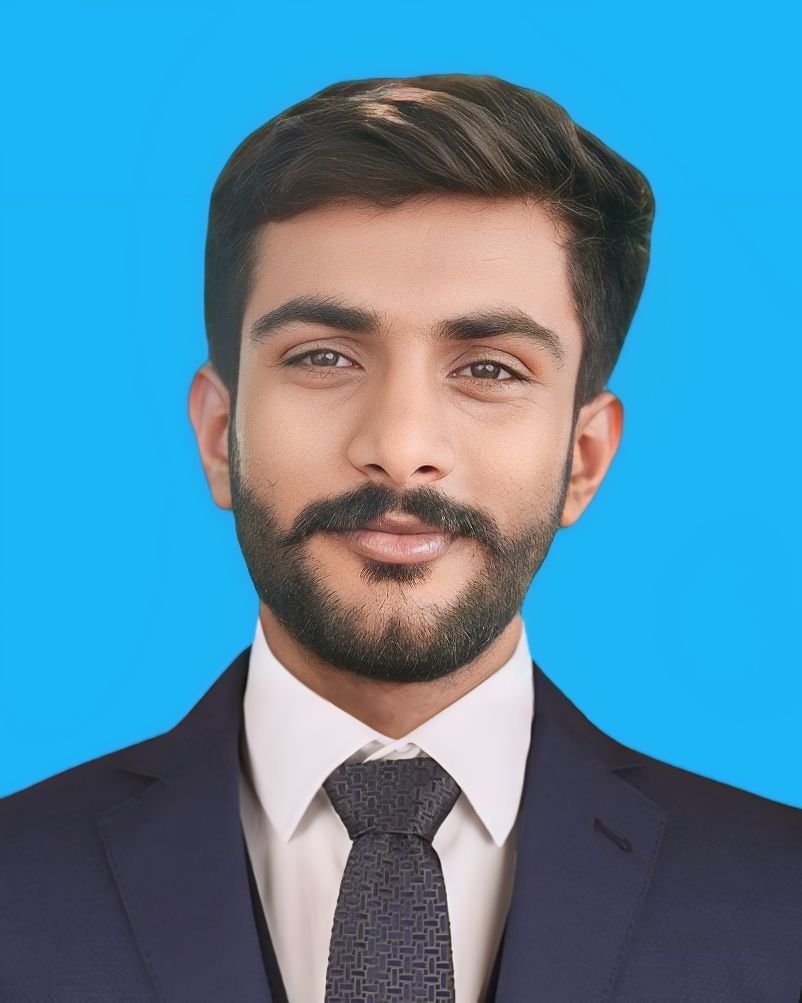Have you ever second-guessed yourself while typing foolproof vs fullproof? You’re not alone. These two words are among the most commonly confused terms in the English language. One exists in the dictionary, and the other doesn’t—but why?
In this article, we’ll dive deep into the world of ‘foolproof’, dissecting its origin, correct usage, and the reasons why fullproof keeps showing up despite being incorrect. You’ll also learn how pronunciation impacts spelling mistakes, how to remember the correct spelling effortlessly, and where ‘foolproof’ appears in real-world examples and literature.
Whether you’re a student, writer, or simply someone who values precision in language, this guide will make you a master of ‘foolproof’ by the end. Let’s dive in!
The Correct Usage of Foolproof: What It Really Means
What Does ‘Foolproof’ Mean?
The term ‘foolproof’ means something so simple, reliable, or easy to understand that even a fool couldn’t mess it up.
- It’s often used to describe systems, instructions, or plans that guarantee success when followed properly.
- Example: “This recipe is so simple, it’s foolproof!”
When to Use ‘Foolproof’
- Describing reliable systems or products: “The foolproof design ensures no errors during operation.”
- Talking about plans that can’t fail: “Her foolproof strategy led the team to victory.”
- Explaining simplicity in instructions: “These foolproof steps will guide you through the process.”
Why Is ‘Foolproof’ So Commonly Misunderstood?
- Similar Pronunciation: ‘Fool’ and ‘full’ sound almost identical in casual speech.
- Logical Assumption: People assume ‘fullproof’ might mean ‘completely foolproof.’
Quick Comparison Table: Foolproof vs. Fullproof
| Term | Correct Usage | Meaning | Dictionary Status |
| Foolproof | ✅ Correct | Reliable, error-proof | Found in dictionaries |
| Fullproof | ❌ Incorrect | Doesn’t exist | Not a valid word |
In short, ‘foolproof’ is the correct term, while ‘fullproof’ is simply a widespread mistake.
Common Misconceptions Around ‘Fullproof’
Why Do People Think ‘Fullproof’ Is Correct?
- Misheard Pronunciation: When spoken quickly, ‘foolproof’ often sounds like ‘fullproof’.
- Logical Thinking: The prefix ‘full’ suggests completeness, leading people to assume it fits better.
- Common Usage in Informal Writing: Social media and casual conversations have amplified this error.
Real-World Examples of Misuse
- “This security system is fullproof.” ❌
- “Our plan is fullproof and cannot fail.” ❌
Both examples should use ‘foolproof’ instead.
Case Study: Common Business Error
A small startup advertised their software as “Fullproof Security System” on their website. Despite a flawless product, potential clients questioned their attention to detail because of this simple spelling mistake. After correcting it to ‘Foolproof Security System,’ customer trust noticeably improved.
Key Takeaway: A single word can impact professionalism and credibility.
Why ‘Fullproof’ Isn’t in the Dictionary
The Facts Behind the Absence of ‘Fullproof’
- Linguistic Roots: ‘Foolproof’ has a clear origin, while ‘fullproof’ doesn’t.
- No Historical Usage: No historical texts reference ‘fullproof.’
- Lexicographers’ Verdict: Leading dictionaries, including Merriam-Webster and Oxford English Dictionary, confirm ‘fullproof’ isn’t a recognized word.
Misconceptions from the Digital Age
- Social media platforms amplify errors.
- Search engines autofill incorrect terms based on search volume.
- Informal communication blurs language accuracy.
Moral of the Story: If you can’t find it in a dictionary, it’s not real.
The Role of Homophones in Language Errors
Understanding Homophones
Homophones are words that sound the same but have different meanings and spellings—like ‘fool’ and ‘full’.
| Homophone Pair | Correct Word | Meaning |
| Foolproof vs. Fullproof | Foolproof | Error-proof, reliable |
| Their vs. There | Their | Belonging to them |
Why Homophones Cause Confusion
- Sound Similarity: In spoken English, minor differences are easily overlooked.
- Lack of Attention to Detail: Quick texting often leads to mistakes.
- Autocorrect Limitations: Autocorrect may not flag uncommon homophone errors.
Quick Tip: Slow down when typing important documents. Proofreading can prevent homophone errors.
Spelling Mistakes and Pronunciation: The Connection
Why Pronunciation Affects Spelling
- Regional Accents: Different regions pronounce ‘fool’ and ‘full’ nearly identically.
- Fast Speech: Quick pronunciation often blurs the difference.
How to Overcome Pronunciation-Based Errors
- Speak Slowly: Pay attention to how you pronounce ‘foolproof.’
- Spell It Out Loud: Saying each syllable helps cement the correct spelling.
- Mnemonic Trick: Fools make mistakes, but foolproof systems don’t.
Quick Fact:
Over 70% of spelling errors in English come from pronunciation-related confusion.
Conclusion
Mastering the difference between ‘foolproof’ and the non-existent ‘fullproof’ isn’t just about spelling—it’s about credibility, clarity, and effective communication. Whether you’re writing an academic paper, a business proposal, or a simple email, using the correct term reflects professionalism and attention to detail.
Remember: ‘Foolproof’ means something so reliable that even a fool can’t mess it up. ‘Fullproof,’ on the other hand, is just a common mistake.
By understanding its etymology, real-world applications, and common misconceptions, you can confidently use ‘foolproof’ in any context. So the next time you write it, pause, double-check, and make sure you’re on the foolproof path to linguistic success.
Words matter—master them, and your communication will always stand out.
Frequently Asked Questions (FAQs)
1. What does ‘foolproof’ mean?
‘Foolproof’ means something so simple, reliable, or well-designed that it cannot fail, even if someone inexperienced or careless uses it.
2. Is ‘fullproof’ a real word?
No, ‘fullproof’ is not a real word and doesn’t appear in any reputable dictionary. The correct term is ‘foolproof’.
3. Why do people confuse ‘foolproof’ with ‘fullproof’?
People often confuse them due to similar pronunciation, regional accents, and logical assumptions about the word ‘full’ meaning completeness.
4. How can I remember the correct spelling of ‘foolproof’?
Use this mnemonic: “Fools make mistakes, but foolproof systems don’t.”
5. Can ‘foolproof’ be used in professional writing?
Absolutely! ‘Foolproof’ is widely accepted and often used in business, technical documentation, and academic writing.
6. Are there similar common homophone mistakes in English?
Yes, some examples include:
- Their vs. There
- Your vs. You’re
- Effect vs. Affect
7. What’s the origin of the word ‘foolproof’?
The word originated in the early 20th century, primarily used in engineering and technical contexts to describe systems that prevent human error.
8. Can I use ‘foolproof’ in casual conversation?
Yes, ‘foolproof’ fits both casual and professional contexts. For example: “This recipe is foolproof—it’ll turn out perfect every time!”
9. What happens if I accidentally use ‘fullproof’ in writing?
While it’s a common mistake, it can make your writing look unpolished or unprofessional. Always proofread important documents.
10. Are there tools to help avoid such spelling mistakes?
Yes, tools like Grammarly, Hemingway Editor, and Microsoft Word’s built-in spell check can help flag such errors.

English Overviews is a resourceful website dedicated to providing valuable content related to grammar and vocabulary. AD has made notable contributions, sharing insights on various subjects, including WordPress themes and plugins. The primary goal of the site is to help users improve their English language skills effectively.











